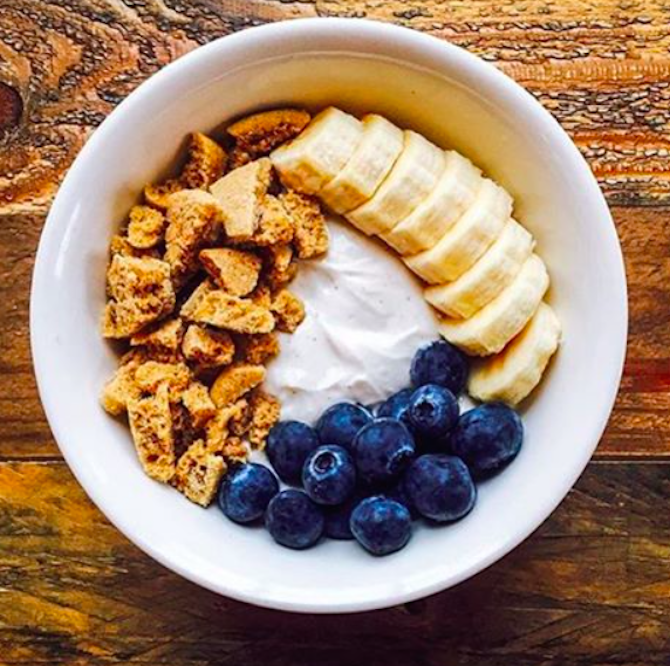Top Tips for Improving Protein Intake:
Protein intake has always been a relatively hot topic, specifically within the worlds of professional body building and elite sports performance, with people’s opinions often trying to dispute scientific evidence. There is often a great deal of misinformation out there to leave the average person bewildered but we’re here to let you know it doesn’t have to be complicated and all consuming.
A bit of background…
Protein is simply a chain of amino acids joined together by a peptide bond between each amino acid. You now be asking yourself, “what is an amino acid?” These are a group of organic compounds that form the building blocks of proteins which we require for muscle repair and growth through muscle protein synthesis. There are 30 known amino acids in total with 9 of these being labelled as essential. They’re labelled as such due to the fact that they can not be produced within the body and must be taken in through the diet. Proteins are not only used in the growth and repair of muscles but are also vital in maintaining the structural integrity and function of all bodily cells and tissues.
In addition to protein being the nutrient that we mostly associate with growth and repair, per gram protein also provides as much energy as a gram for carbohydrate (4kcal / gram). Whilst protein is not used as a primary fuel source because it is not economically beneficial to our body, protein can be utilised as an energy source in times of fasting or low carbohydrate intake. This process is known as gluconeogenesis.
Improving YOUR protein intake…
When speaking with clients a common recurring theme seems to be that they struggle to meet their protein intake targets or they feel that they’re not intaking enough to elicit their desired targets. Below are some simple ways in which you can really maximise your protein intake and help maximise your muscle protein synthesis:
1. Choosing high quality and complementing protein sources:
When we refer to the quality of protein this simply refers to it’s ability to provide us with the 9 essential amino acids within the correct quantities and are scored from 0 – 1.0. Typically, the highest quality protein sources are from animal products such as beef, dairy and poultry products. However, do not fret, this does not mean you have to be a meat eater to maximize your protein intake. Whilst plant-based sources typically do not provide all of the 9 essential amino acids within the correct quantities, by complementing and adding these low scoring sources together we can improve the quantity of essential amino acids ingested thus improving protein intake. Some non-animal-based products however do provide the highest amino acid score such as concentrated soy protein.
2. Regular “protein hits” throughout the day:
Many people find that they’re not meeting their protein target for the day and this may be for a number of reasons but ensuring that you have a regular “protein hit” throughout the day can help to combat this. A “protein hit” refers to an intake of high-quality protein between 20 – 30g. Why between 20 – 30g? Well, this is because this is the range where research has shown muscle protein synthesis to be most effective, 20g is the threshold for kickstarting muscle protein synthesis and anything above 30g has been shown to have no additional benefits.
By having a regular “protein hit” every 3 hours you can help to maximise your protein intake and therefor maximize muscle protein synthesis rather than muscle protein breakdown.
3. Start your day off with protein:
It may seem like a simple one but by starting your protein intake for the day as early as possible, this gives you a much better chance to meet your protein target for the day, especially when combining this with regular “protein hits.”
Many people will skip out on breakfast in a morning purely because they feel like they don’t have enough time, or they don’t feel like they can eat. Especially when trying to maximise muscle protein synthesis to elicit muscle mass gains, this can be one of the worst things to do. Overnight you may go 8 – 10 hours in a fasted state (10 – 12 for those of you that love a lay in) so missing breakfast is only going to extend this fasted period. Getting a good source of protein in with your breakfast will help to kickstart muscle protein synthesis and set you up for the day. If you do regularly eat breakfast great, but if you’re eating cereals try swapping these out for a few eggs or some porridge with peanut butter.



